Hold onto your hats, Houston. If you thought October was a busy month for business events, November even more exciting and full of pitches, conferences, summits, and more. Here's a rundown of what all to throw on your calendar for November when it comes to innovation-related events.
This article will be updated as more business and tech events are announced.
FEATURED: November 9 — Houston Innovation Awards Gala
Find out what Houston startups and innovators go home with the big win at InnovationMap and Houston Exponential's gala. Learn more about this year's finalists by clicking here.
The event is Wednesday, November 9, at 6 pm, at the Ion. Click here to register.
November 1-3 — Urban Manufacturing Alliance's Houston Gathering
Learn about the unique challenges and opportunities within manufacturing in the current economy, as well as network with Houston manufacturing professionals.
The event is Tuesday, November 1, to Wednesday, November 3, at West Houston Institute. Click here to register.
November 2 — Greentown Labs Climatetech Summit
Hear from the climatetech industry's leaders at Greentown Labs' annual event. The morning features panels and pitches, followed by lunch, networking, and an expo. The summit continues on November 3 in Boston, and both days will be streamed for viewers.
The event is Wednesday, November 2, at 8 am, at Greentown Houston and streaming online. Click here to register.
November 4 — Enventure's 10-Year Anniversary
Join Enventure as we celebrate its 10th Anniversary — from the organization's accomplishments to a look toward what the future brings to Enventure.
The event is Friday, November 4, at 7 pm, at III by Wolfgang Puck. Click here to register.
November 5 — Tech Fest Live in-person Experience at the Ion
The Ion as partnered with Tech Fest Live to bring your family to an engaging Family Tech Day experience, designed with middle and high school students in mind.
The event is Saturday, November 5, at 9:30 am, at the Ion. Click here to register.
November 8 — Texas Life Science Forum
The Texas Life Science Forum, co-hosted by BioHouston and Rice Alliance, is the premier life science and healthtech event in Texas that brings together members from industry, emerging life science companies, academic and investors. Hear pitches from innovative and early stage life science companies, network and enjoy exciting panels, keynotes and speakers.
The event is Tuesday, November 8, at 8:30 am, at Rice University. Click here to register.
November 9 — The Future of Industrial Automation Lunch & Learn with Yokogawa
In this Lunch & Learn, Elbert van der Bijl (Director of Marketing & Solutions Consulting for Yokogawa North America), will talk about the journey from industrial automation to industrial autonomy (IA2IA). He will also speak about how new technologies are being embraced to be able to make this transition. The presentation will highlight some key developments like Open Process Automation (OPA), Artificial Intelligence (AI) and Machine Learning (ML), and mobile Robotics and how they will play a role in the future of Industrial Automation.
The event is Wednesday, November 9, at 11:30 am, at The Cannon-West Houston. Click here to register.
November 10 — Greater Houston Partnership's State of the Port
Join the Greater Houston Partnership at the annual State of the Port featuring Ric Campo, Chairman of the Port Commission of the Port of Houston Authority. Campo will discuss innovations taking place at Port Houston and Project 11. The highly anticipated Project 11 will deepen and widen the Houston Ship Channel and increase economic impact, jobs and address supply chain challenges.
The event is Thursday, November 10, at 10:30 am, at The Omni Riverway. Click here to register.
November 10 — BGV Pitch Tour Houston
The BGV Pitch Tour is coming to Houston November 10th in partnership with Omaze and the aid of our amazing 6 Change Agents to throw a BGV Pitch Competition. Thee BGV Change Agents are amazing Black and/or Brown women-identifying founders who are actively working to uplift and grow the city's ecosystem for Black and Brown founders in their area.
The event is Thursday, November 10, at 6 pm, at The Cannon-West Houston. Click here to register.
November 15 — Lilie's Community Celebration
Celebrate the end of the semester and take a peek into what all the Liu Idea Lab for Innovation and Entrepreneurship community has going on.
The event is Tuesday, November 15, at 6 pm, at the Lilie offices at Rice University. Click here to register.
November 17 — Rice Alliance Clean Energy Accelerator 2022 Demo Day
Rice Alliance Clean Energy Accelerator is hosting a Demo Day to showcase its Class 2 startups who are ready for investment, pilots and accelerating the energy transition.
The event is Thursday, November 17, at 1:30 pm, at the Ion. Click here to register.
November 19 — Pearland Innovation Hub Pitch Competition
Come attend this event open to the community to hear pitches from local small business owners, network, and learn about the Pearland Innovation Hub.
The event is Tuesday, November 17, at 4 pm, at Pearland City Hall. Click here to register.
November 30 — Commercial ZEV Event
This event by Houston-based Evolve is your chance to drive zero-emissions commercial vehicles and learn how you can convert your fleet to save on costs.
The event is Wednesday, November 30, at 8:30 am to 5 pm, at NRG Park. Click here to register.






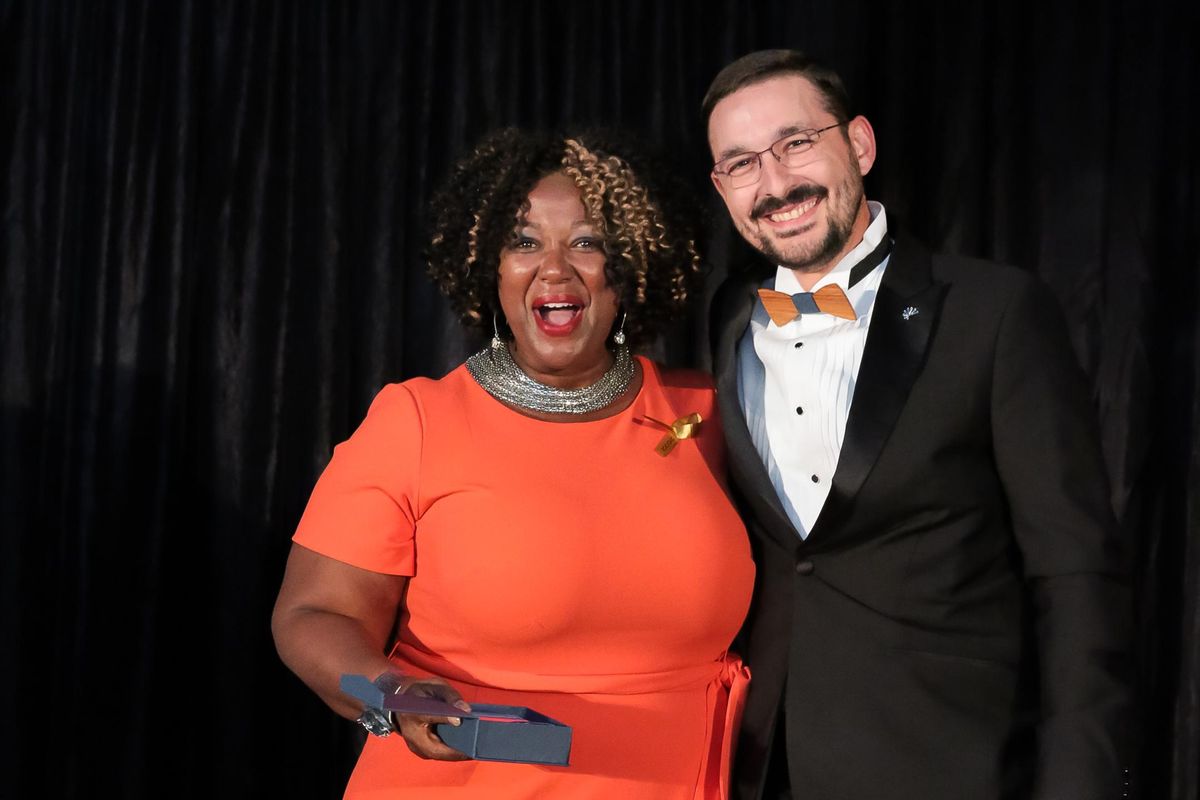



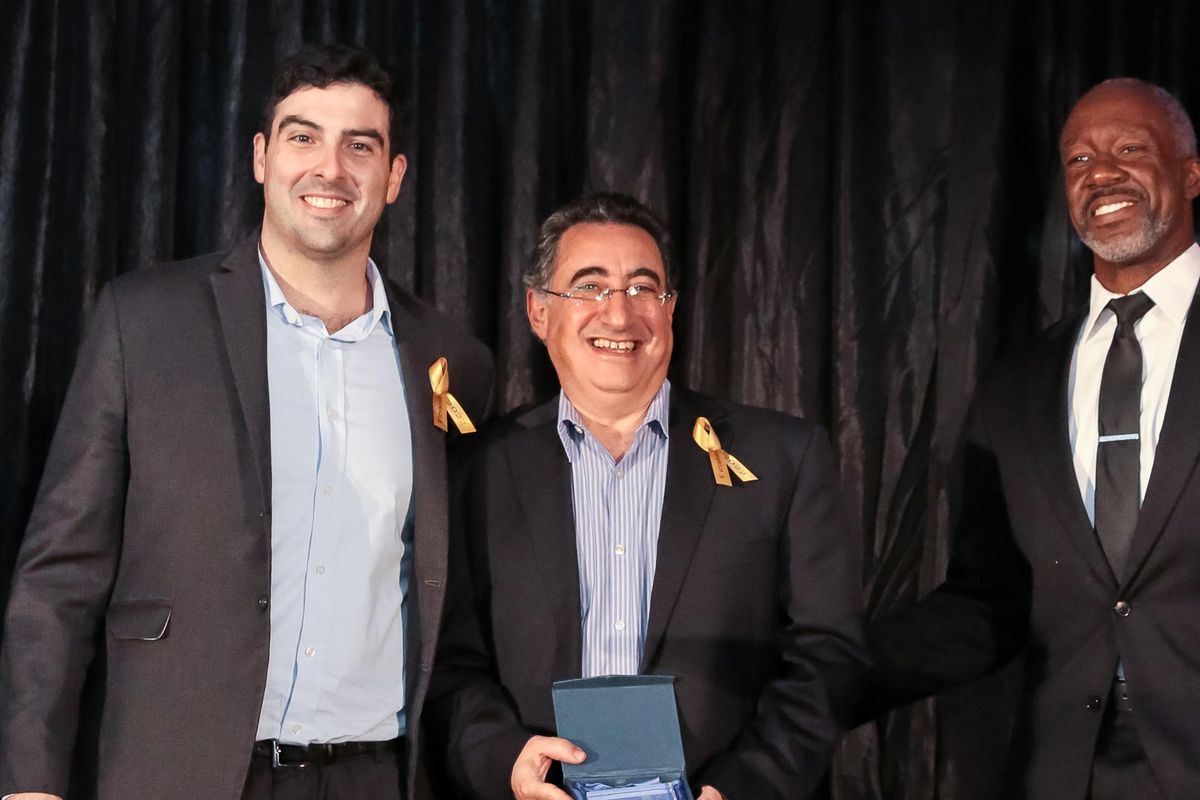




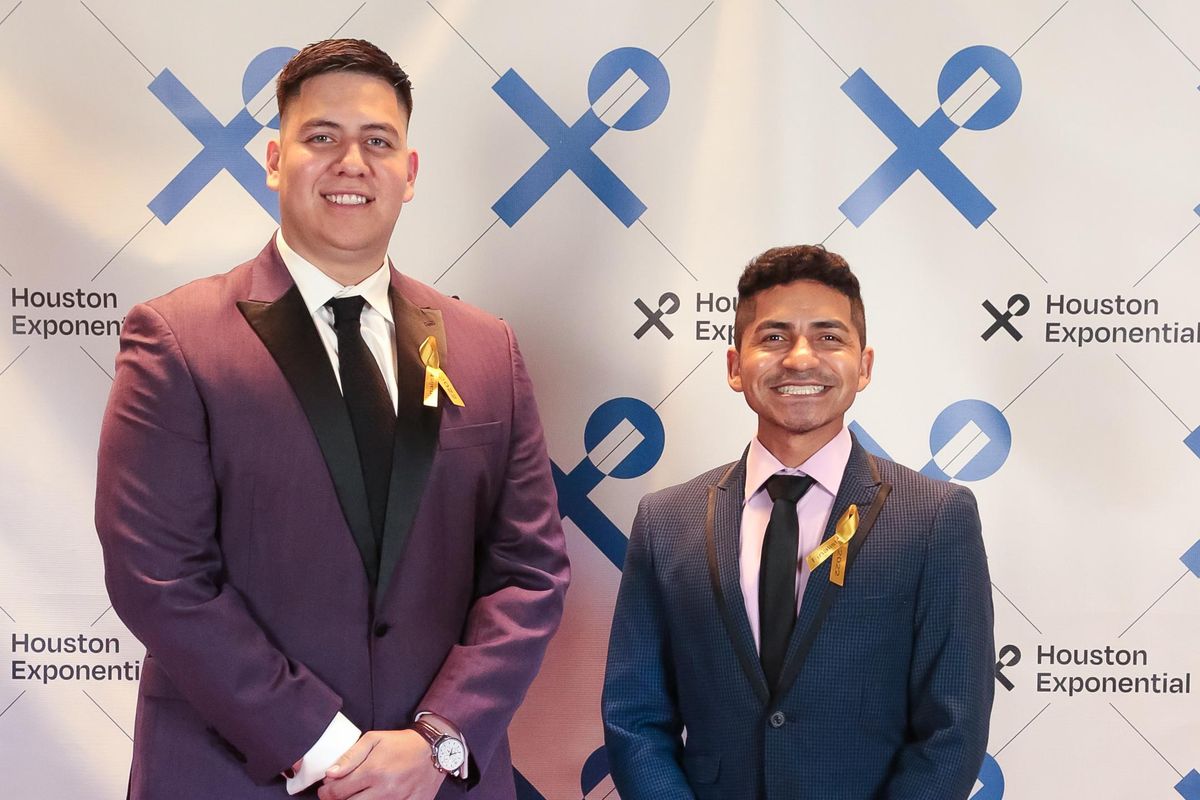











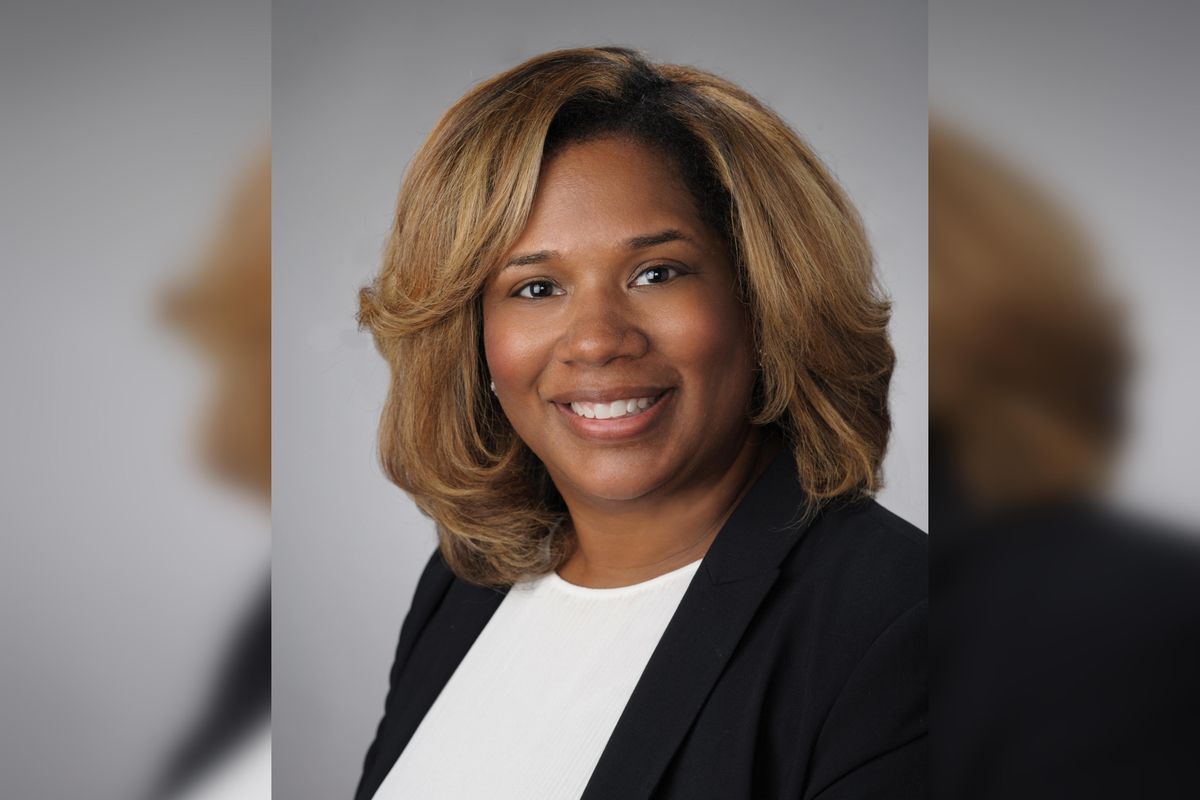

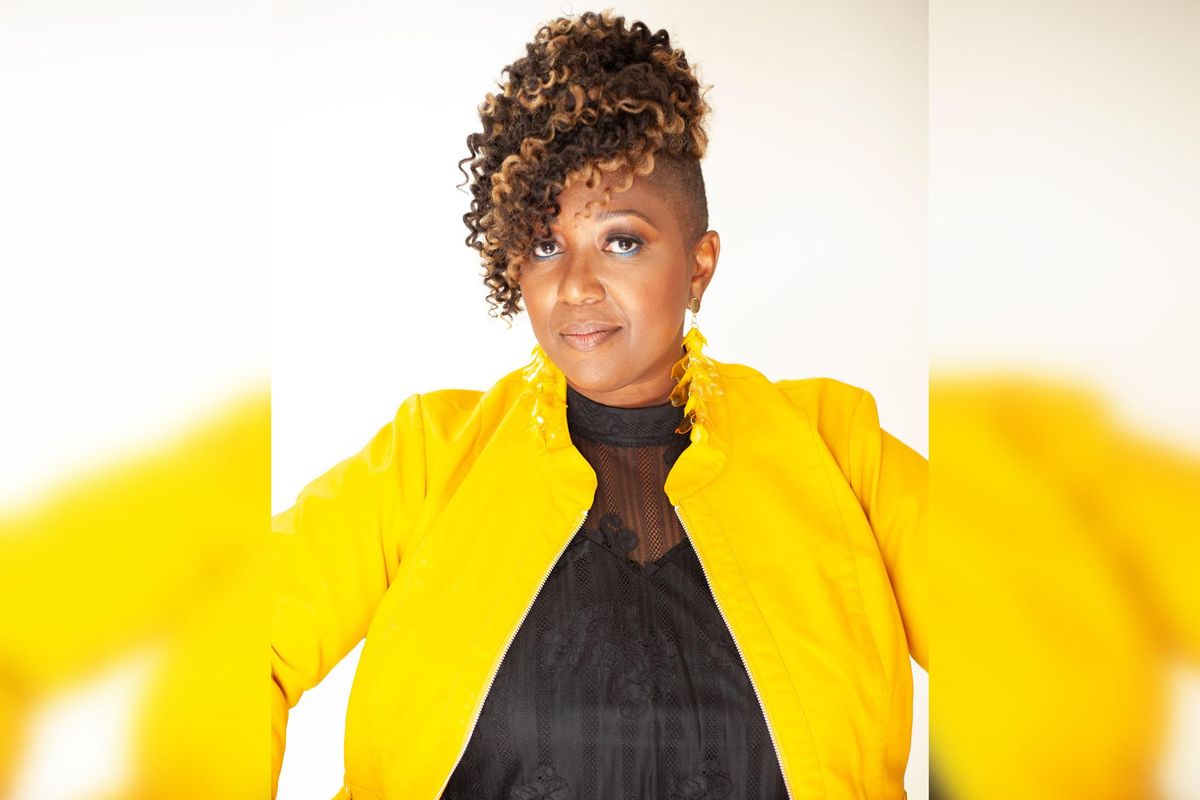
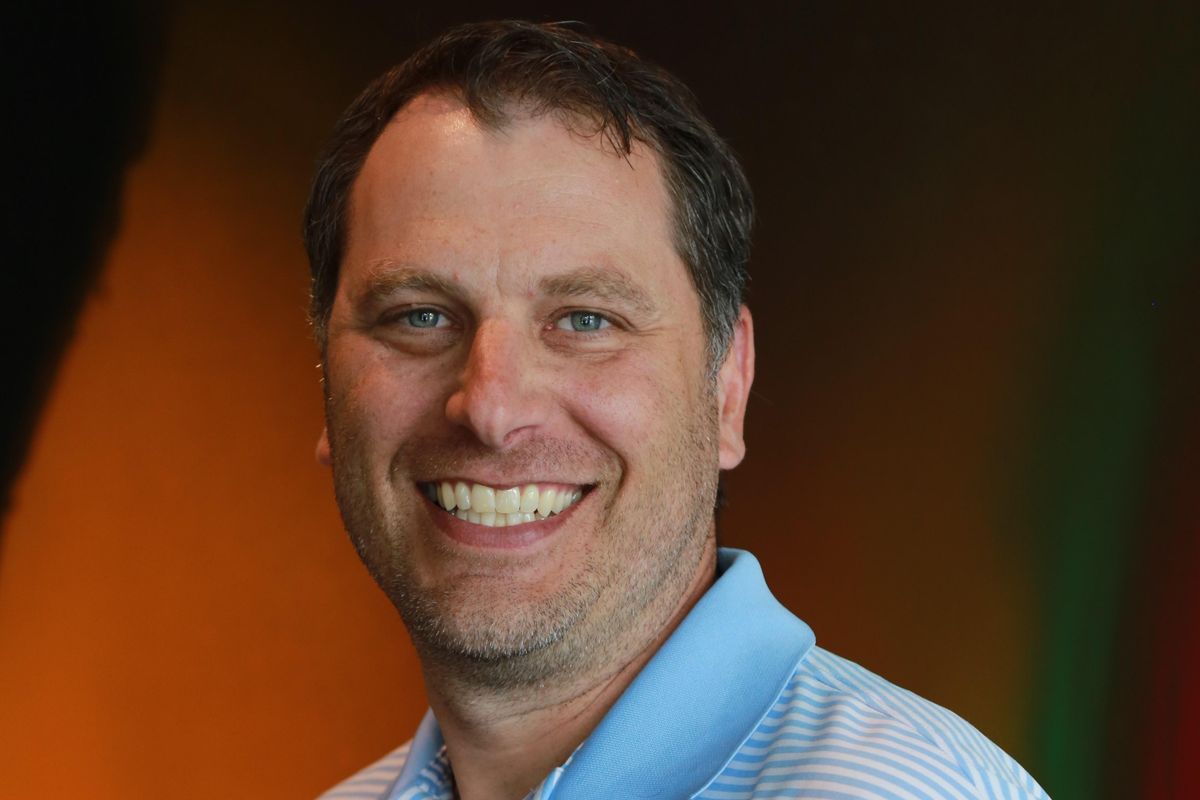
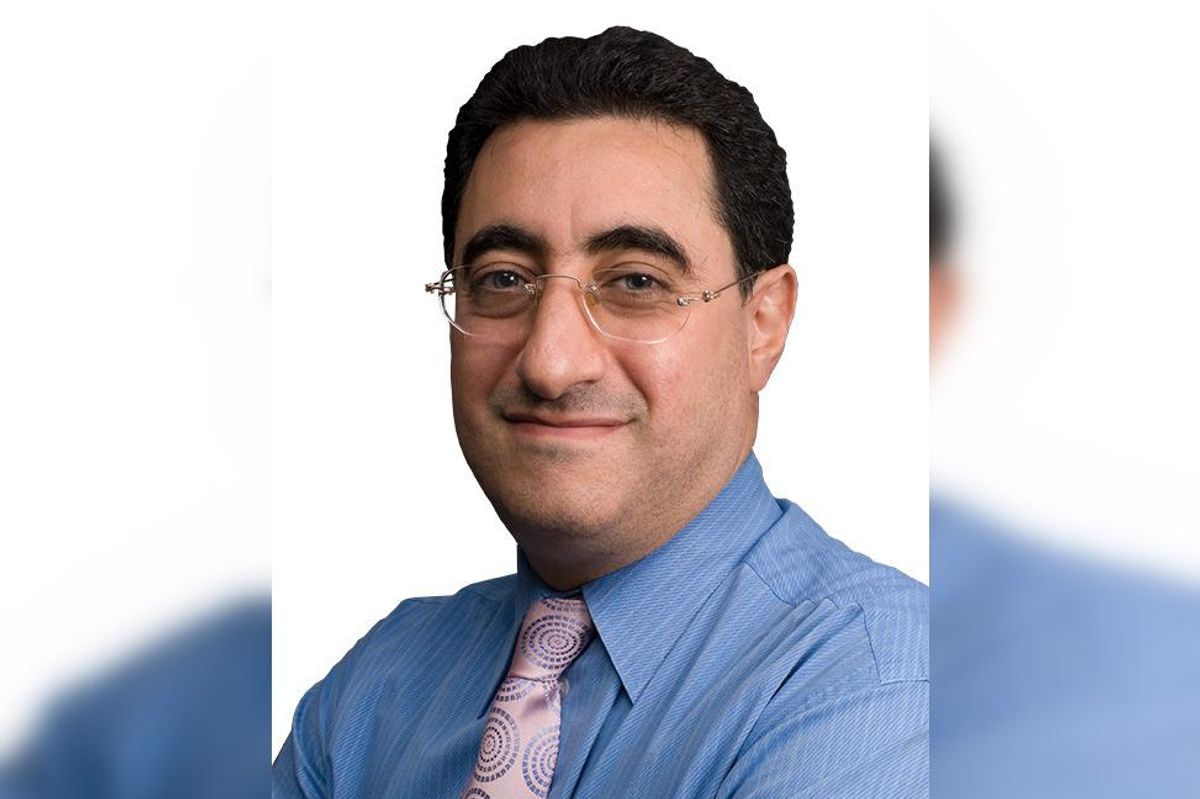
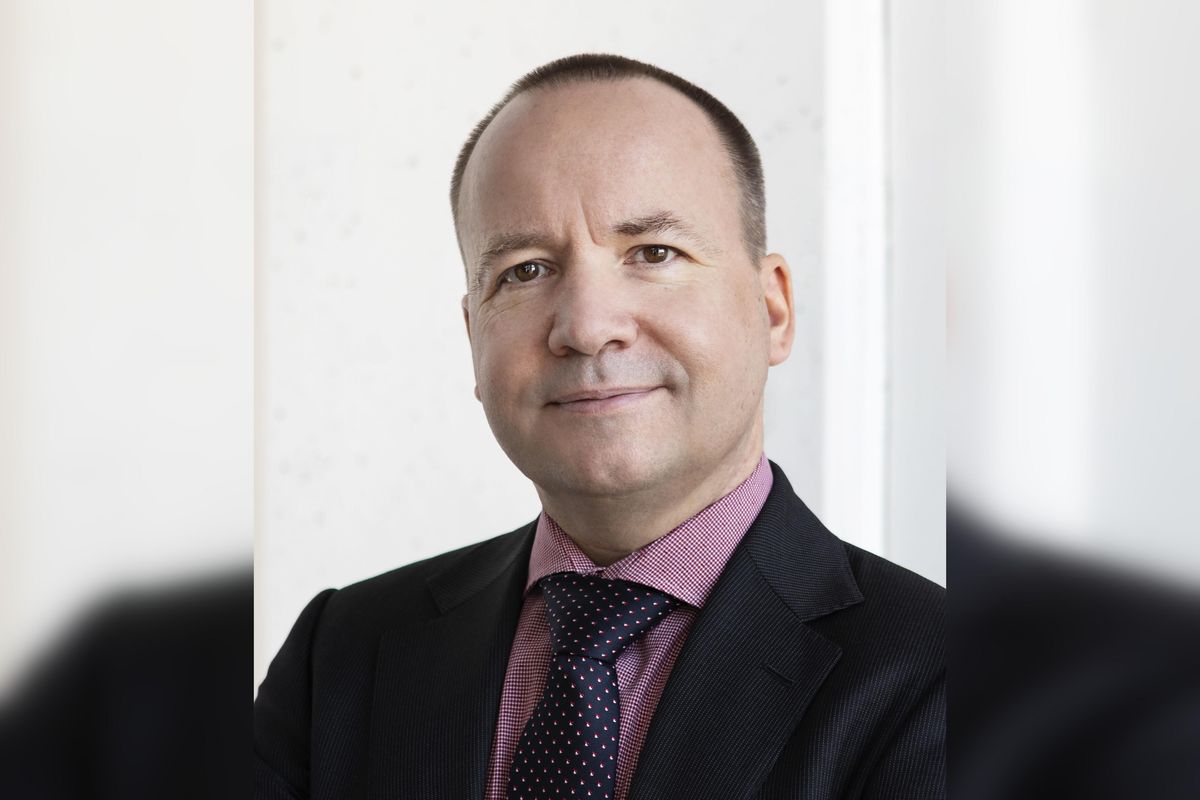
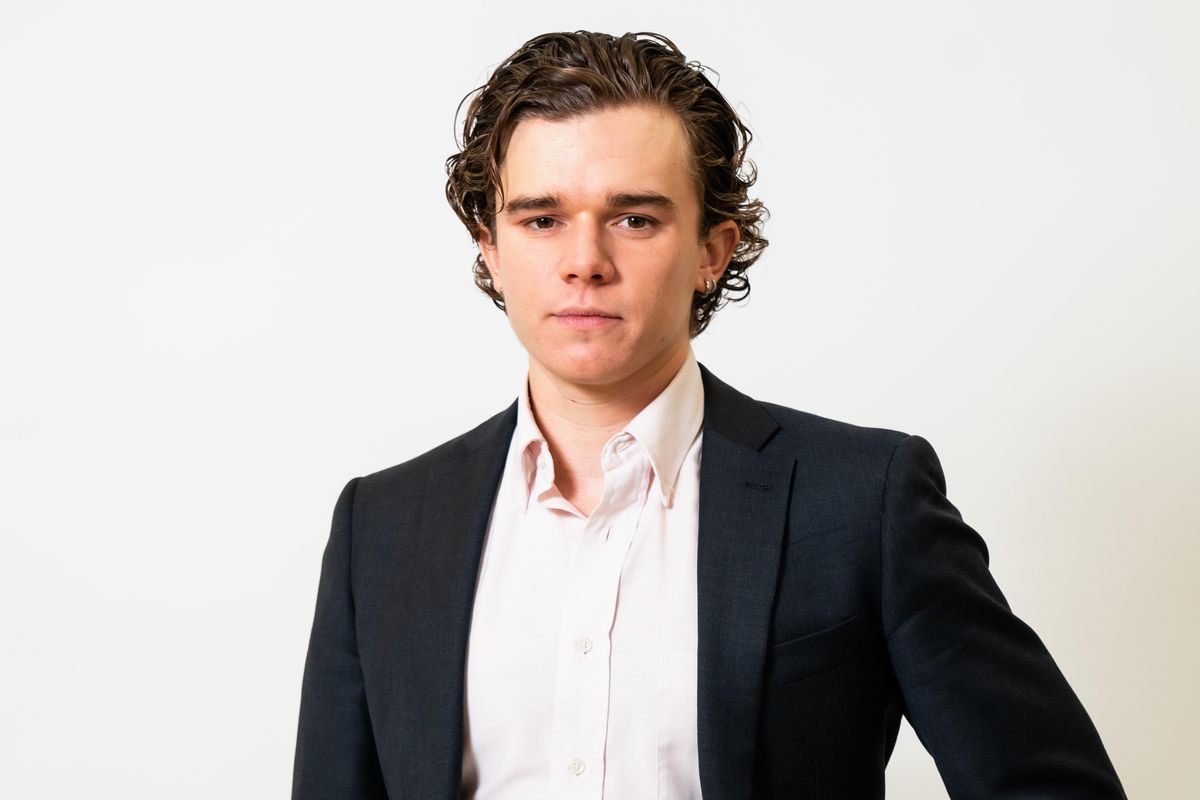
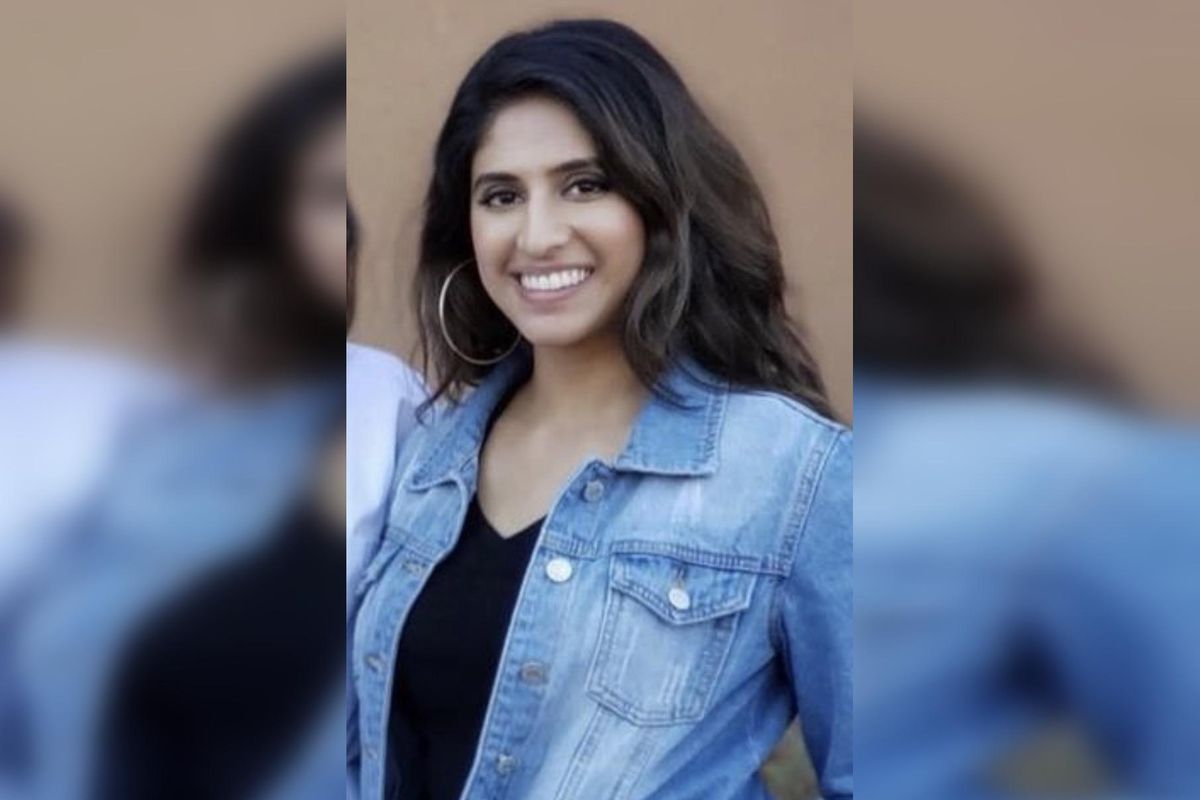
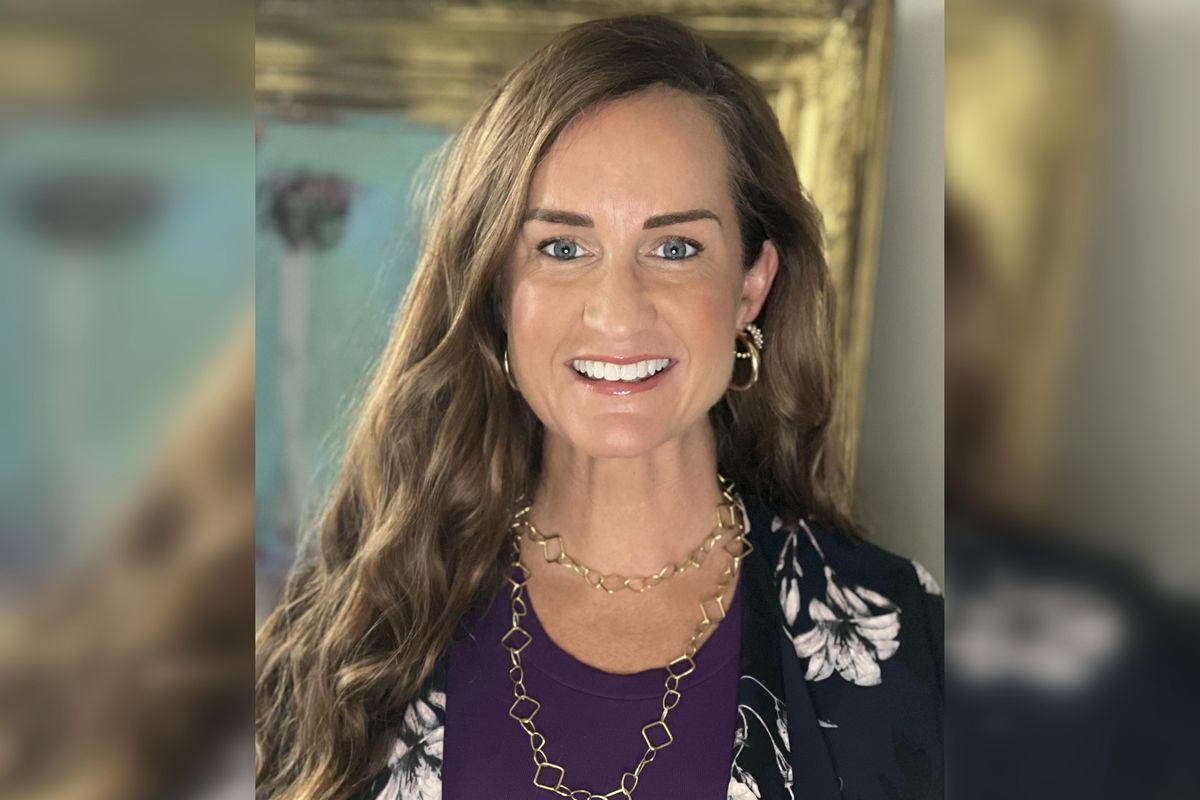

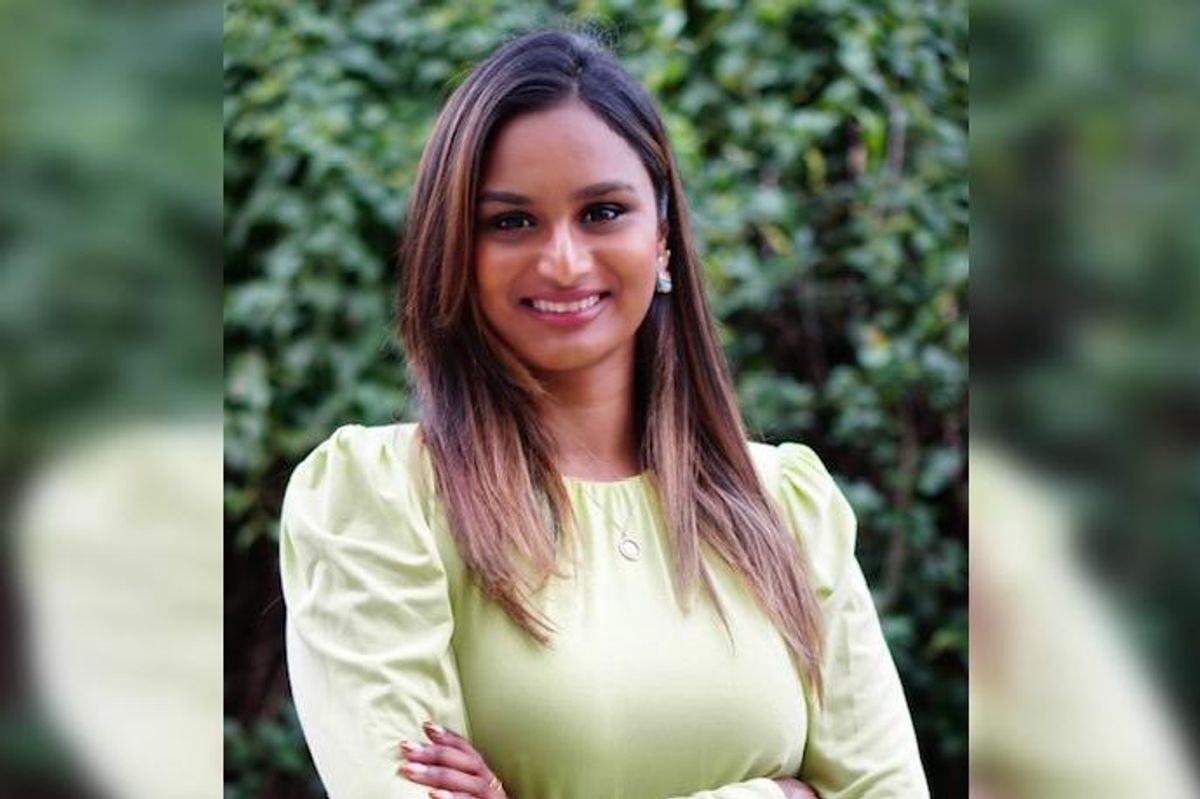
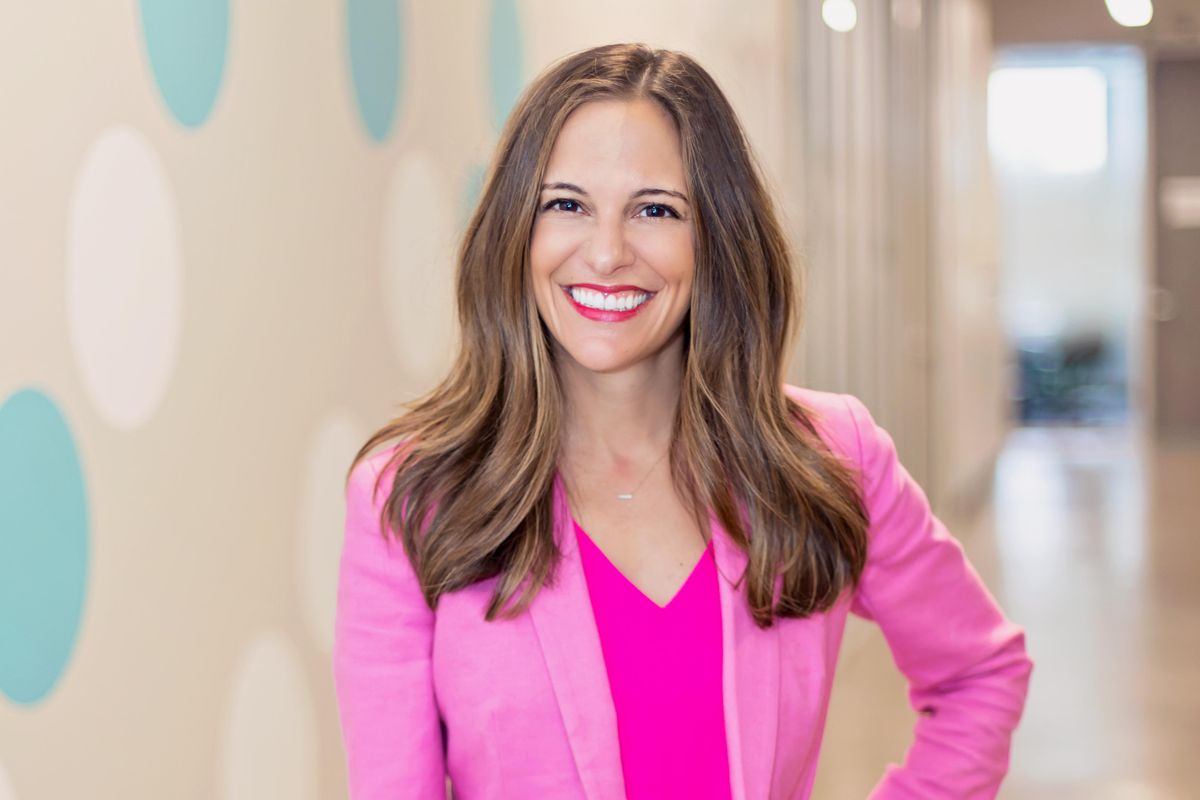
 Apple doubles down on Houston with new production facility, training center Photo courtesy Apple.
Apple doubles down on Houston with new production facility, training center Photo courtesy Apple.